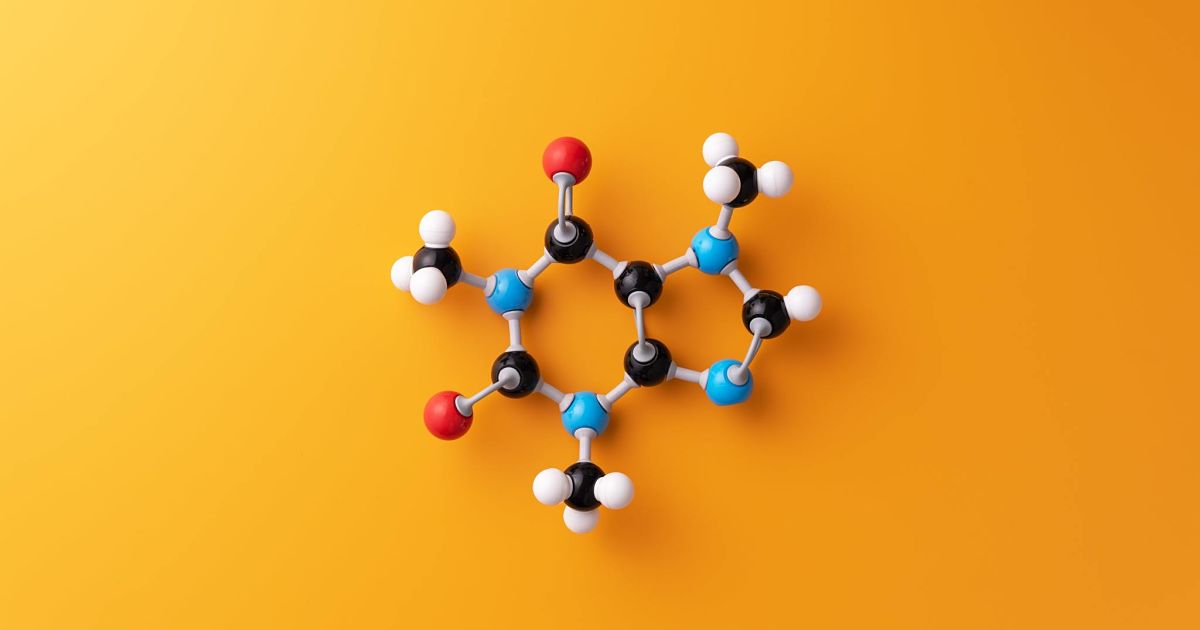There’s a lot of controversy surrounding coffee, energy drinks, and other caffeinated foods and beverages. What’s the truth about caffeine and what does it actually do to your body?
The Truth About Caffeine
Caffeine gets a bad rap, but according to Medical News Today, it isn’t all bad:
- Caffeine is a stimulant that occurs naturally in some foods.
- The Food and Drug Administration (FDA) recommends a maximum intake of 400 mg a day, or two to three cups of coffee.
- A moderate intake of coffee may enhance weight loss, cognitive function, and alertness.
- Caffeine may have a negative impact on pregnancy, fertility, glucose control, and other aspects of health.
- Energy drinks can contain high levels of caffeine but are unlikely to be hazardous unless consumed with alcohol.
- Caffeine powder can lead to a fatal overdose and should be avoided.
Is Caffeine Bad for You?
As you can see, there are some benefits to caffeine but it can have a negative impact on your health if you overdo it. Too much caffeine can:

- Weaken your immune system: Coffee dehydrates your system, which is the last thing your body needs when you’re sick. So if you’re coming down wiht something, cut your caffeine intake, especially coffee. Replace your cup of joe with drinks and foods that boost your immune system instead and, of course, drink plenty of water.
- Increase anxiety: While caffeine doesn’t cause anxiety per se, it can worsen anxiety and cause some of the same symptoms such as mood swings, an upset stomach, shakiness, and an elevated heart rate. Listen to your body and, if you’re feeling anxious, try cutting back on caffeine and see if your symptoms lessen or go away.
How Much Caffeine is too Much?
Betterhelp.com says, “There is a limit to how much caffeine each person should have per day, and you must know your tolerance as well.” For example, some people can get away with drinking three caffeinated beverages in a day and be perfectly healthy while others might not even be able to drink one without suffering serious consequences.
Depending on how much caffeine you currently consume and how it affects you, adjusting your caffeine intake may be a key step to better health. If caffeine is making you jittery, hurting your stomach, or preventing you from getting good sleep at night, you should cut back.
What Foods Contain Caffeine?
When you think of caffeine, coffee is probably the first thing that comes to mind. But there are other foods that contain caffeine including black tea, dark chocolate, sodas, green tea, and energy drinks. Keep this in mind as you track your caffeine intake.
As is the case with most foods, how much, when, and the way in which you consume caffeinated food/drink is important. So don’t overdo it, drink plenty of water whenever you do drink or eat caffeine, and never get your caffeine fix from artificial sources like powders.
